
Blackswan - a Korean group but has no Korean members - Photo: DR Music
A group is considered “globalized” when the majority or all of the members are foreigners but pursue K-pop style and music.
Some of the bands that were born from this internationalization trend include Katseye, Blackswan, XG...
There is no market for “globalized” music groups.
Recently, SM Entertainment and Kakao Entertainment America have collaborated to produce a program called “Made in Korea: The K-Pop Experience”.
The show is expected to have 6 episodes, filmed at the largest idol training center in Korea - SM Entertainment, following the 5 best boys selected from all over the UK, going through the rigorous training process of K-pop.
Here, British trainees will train for 100 days in hopes of debuting as an international idol group.

SM Entertainment and Kakao Entertainment America "join hands" in a global K-pop idol search program - Photo: Variety
After the announcement, instead of being surprised by the new format of the show, many viewers expressed disappointment and concern. “I can feel how embarrassing this will be”, “Is there really a market for this?” - are the comments with the most approval at the moment.
This is not the first time that the "big guys" in the Korean music industry have expressed their desire to create K-pop groups with an international trend.
HYBE - the "father" of BTS - recently debuted a new girl group called Katseye. This group has six members, of which only one is Korean.
Previously, many music groups were also formed from this trend but did not achieve good results.
Specifically, in 2020, Blackswan (formerly known as Rania) debuted with four foreign members.
However, the group's album only sold... 14 copies after the first day of release.
The trend of "globalization" is causing debate in the K-pop fan community.
Many people believe that K-pop is inherently Korean, so creating a group without Korean members would dilute the value, turning it into a pop group, instead of a true K-pop group.
Go against the grain
Considering the fierce competition between Korean groups today, the chances of an international group succeeding are very low.
While there have been successful non-Korean groups, such as Super Junior, EXO, Twice, and BlackPink, that have foreign members from China, Thailand, Japan, etc., creating an all-foreign K-pop group is a different story.
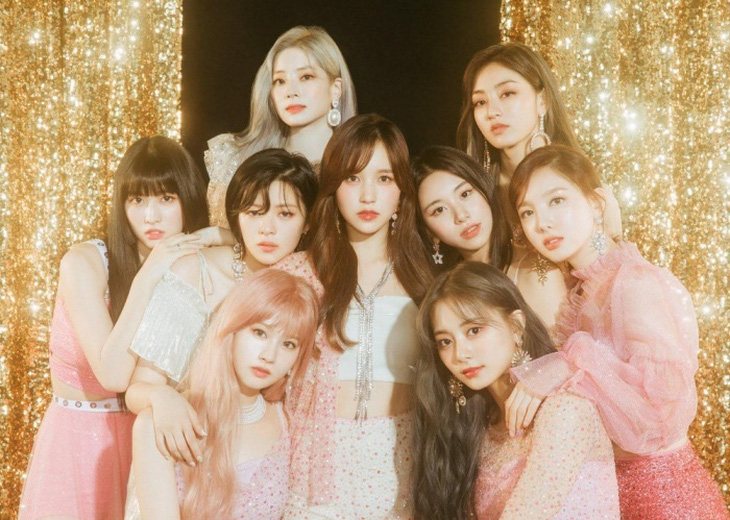
Twice has 4 foreign members who are still famous in the Korean market - Photo: JYP
These groups have tried to create balance by adding some foreign members to their predominantly Korean lineup, which has been well received by fans.
Foreign idols have become “fan magnets” because they stand out from the rest of their groups. They have even become bridges that bring the Hallyu wave back to their home countries.
The challenge, however, is whether a completely international group can succeed and be accepted in an industry that has always emphasized “origin” and “roots”.
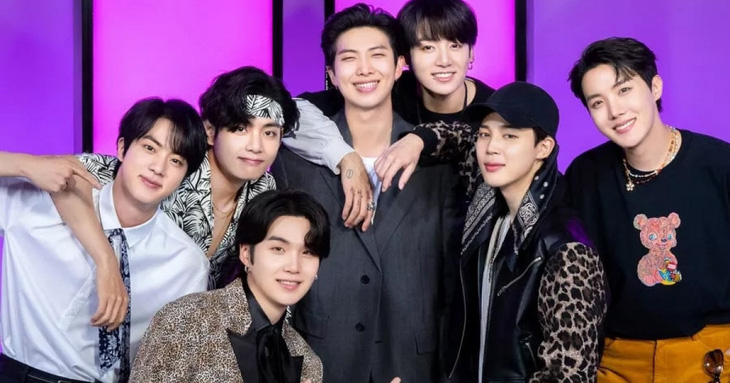
BTS is still famous globally even though all members are Korean - Photo: Bighit
A typical example of the word “global” in K-pop today is BTS. The group has been a huge success in the international market despite not having any foreign members.
BTS' achievements show that their global popularity comes from their music, not whether or not they have foreign members.
So, is it necessary and feasible to create a group with the hope of bringing K-pop to the world through the members' "nationality"?
K-pop is known as one of the most competitive music markets in the world. According to Koreaboo , up to 100 groups debut each year, but less than 5% survive.
Debut is not the end, idols have to practice every day to avoid being eliminated from the market.
This is even worse for foreign idols as they have to learn Korean language and culture in addition to honing their musical skills.
Therefore, for non-Korean music groups to survive and develop in the land of kimchi is a difficult problem.
 T-ara's Soyeon, Big Bang's Daesung: K-pop's Outliers?
T-ara's Soyeon, Big Bang's Daesung: K-pop's Outliers?Source: https://tuoitre.vn/cac-nhom-nhac-toan-cau-hoa-co-phai-tuong-lai-cua-k-pop-20240730141741927.htm






![[Photo] Closing of the 11th Conference of the 13th Central Committee of the Communist Party of Vietnam](https://vstatic.vietnam.vn/vietnam/resource/IMAGE/2025/4/12/114b57fe6e9b4814a5ddfacf6dfe5b7f)
![[Photo] Overcoming all difficulties, speeding up construction progress of Hoa Binh Hydropower Plant Expansion Project](https://vstatic.vietnam.vn/vietnam/resource/IMAGE/2025/4/12/bff04b551e98484c84d74c8faa3526e0)




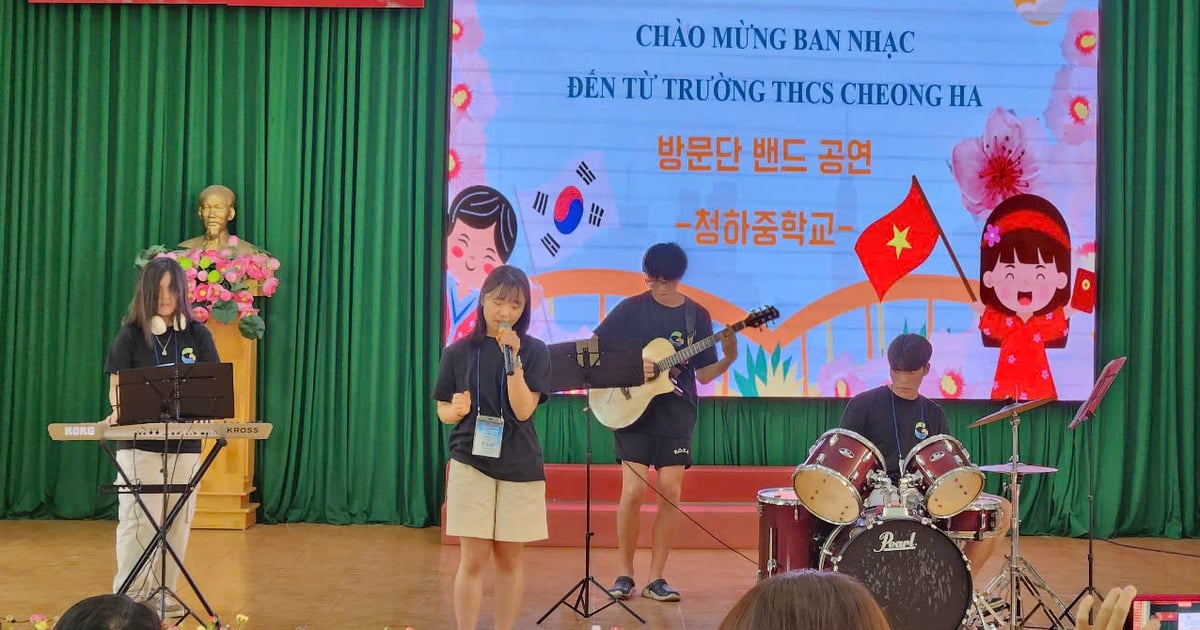

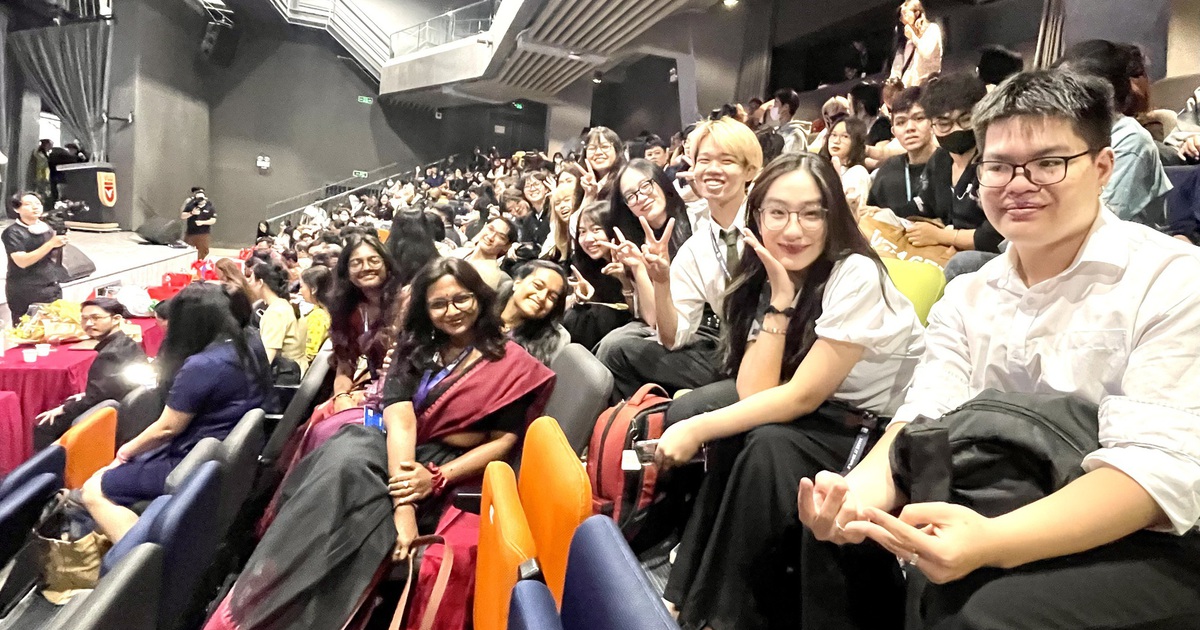































































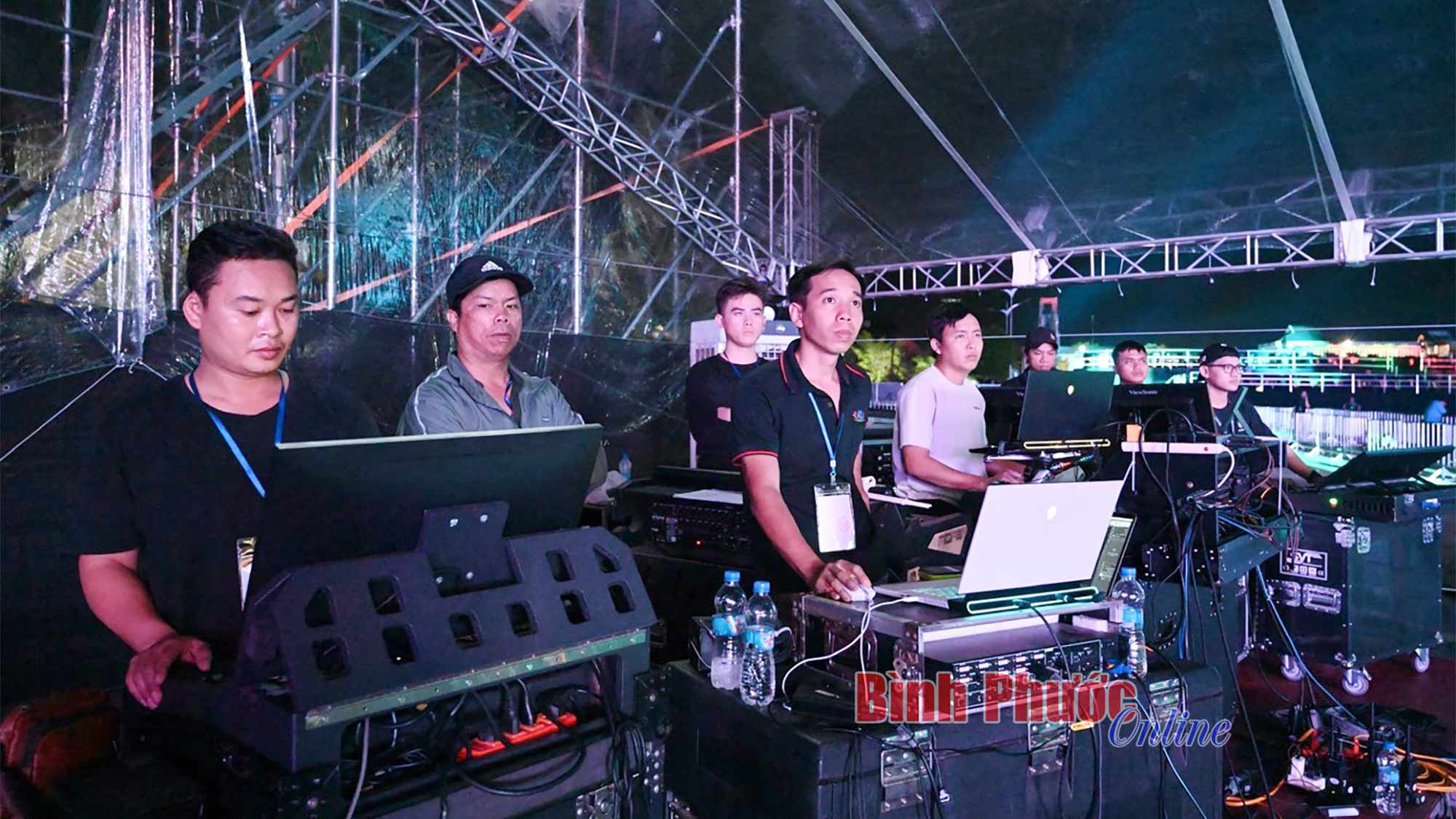















Comment (0)